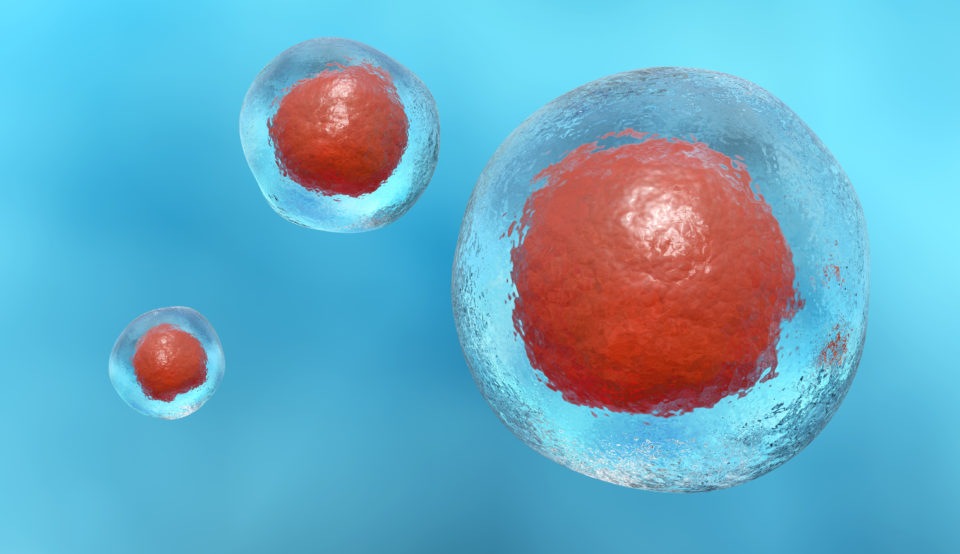
A study published in Blood found that concurrent treatment with ibrutinib and CD19 chimeric antigen receptor (CAR) T-cells was well tolerated, associated with low cytokine release syndrome (CRS) severity, and resulted in a high rate of negative minimal residual disease in patients with chronic lymphocytic leukemia (CLL).
The study included 19 patients who received a median of five prior therapies. Most patients (n=17; 89%) had high-risk cytogenetics. Ibrutinib treatment was initiated two or more weeks before leukapheresis and continued for three or more months following CAR T-cell infusion.
Thirteen patients (68%) received ibrutinib as planned without dose reduction. The four-week overall response rate was 83%. Close to two-thirds of patients (61%) achieved a minimal residual disease (MRD)-negative marrow response by IGH sequencing. Among these patients, the one-year overall survival and progression-free survival (PFS) probabilities were 86% and 59%, respectively.
The results showed that, when compared with CLL patients treated with CAR T-cells without ibrutinib, the concurrent treatment was linked to reduced CRS severity and lower serum concentrations of CRS-associated cytokines, despite equivalent in vivo CAR T-cell expansion. Among all evaluable patients, one-year PFS probability was 38% in patients treated with ibrutinib and CAR T-cell therapy versus 50% CAR T-cell therapy alone (P=0.91).







 © 2025 Mashup Media, LLC, a Formedics Property. All Rights Reserved.
© 2025 Mashup Media, LLC, a Formedics Property. All Rights Reserved.